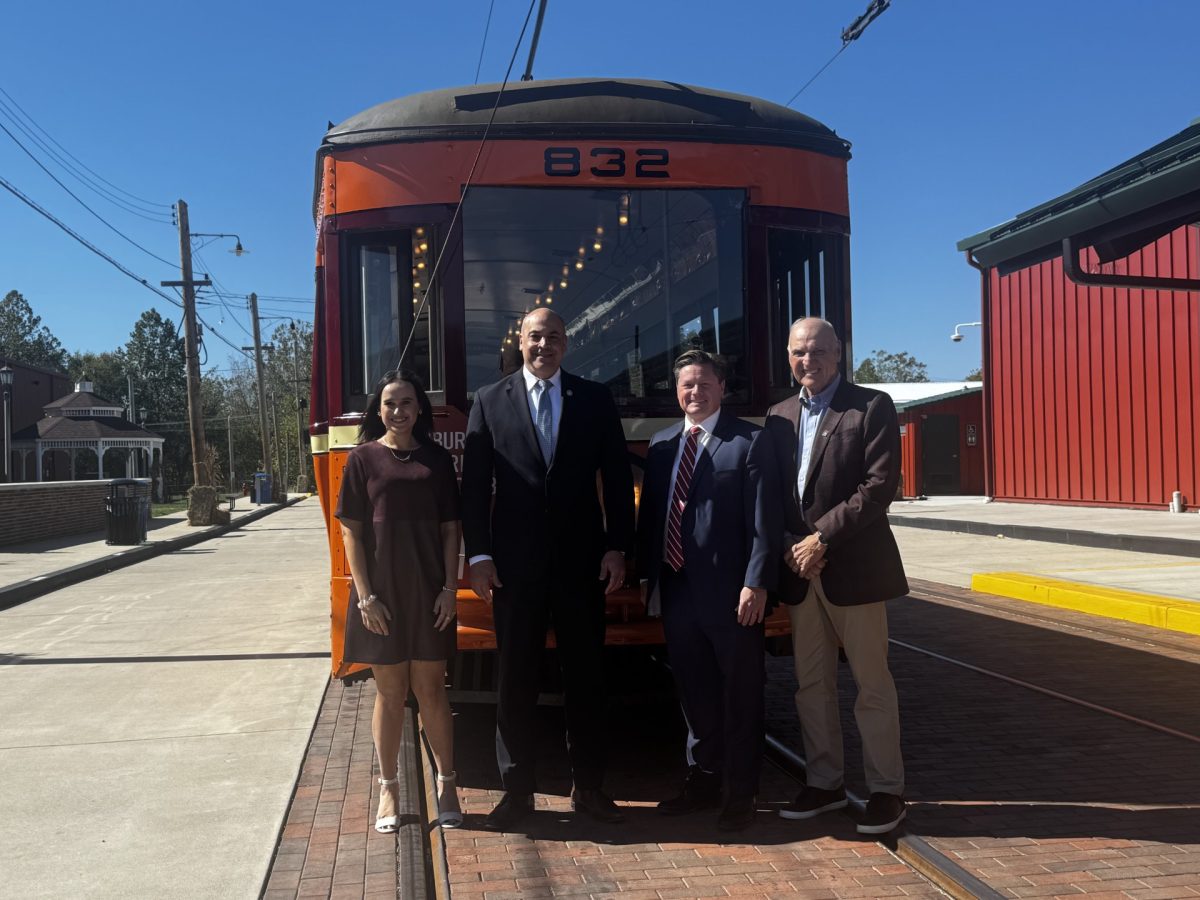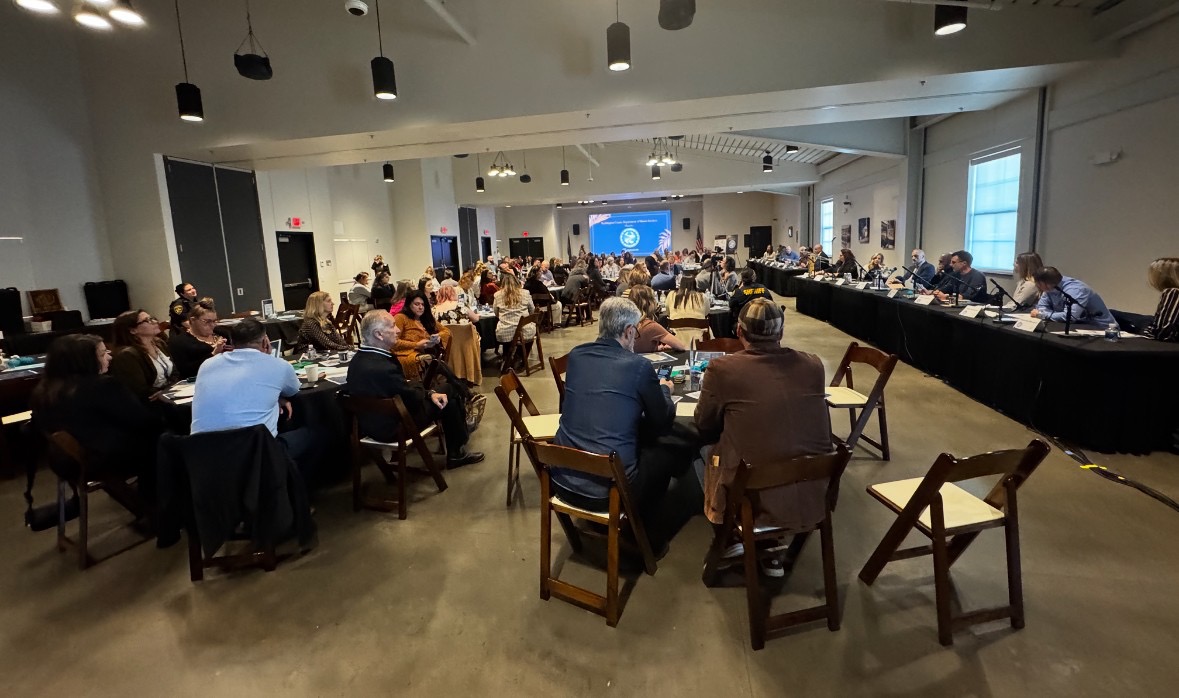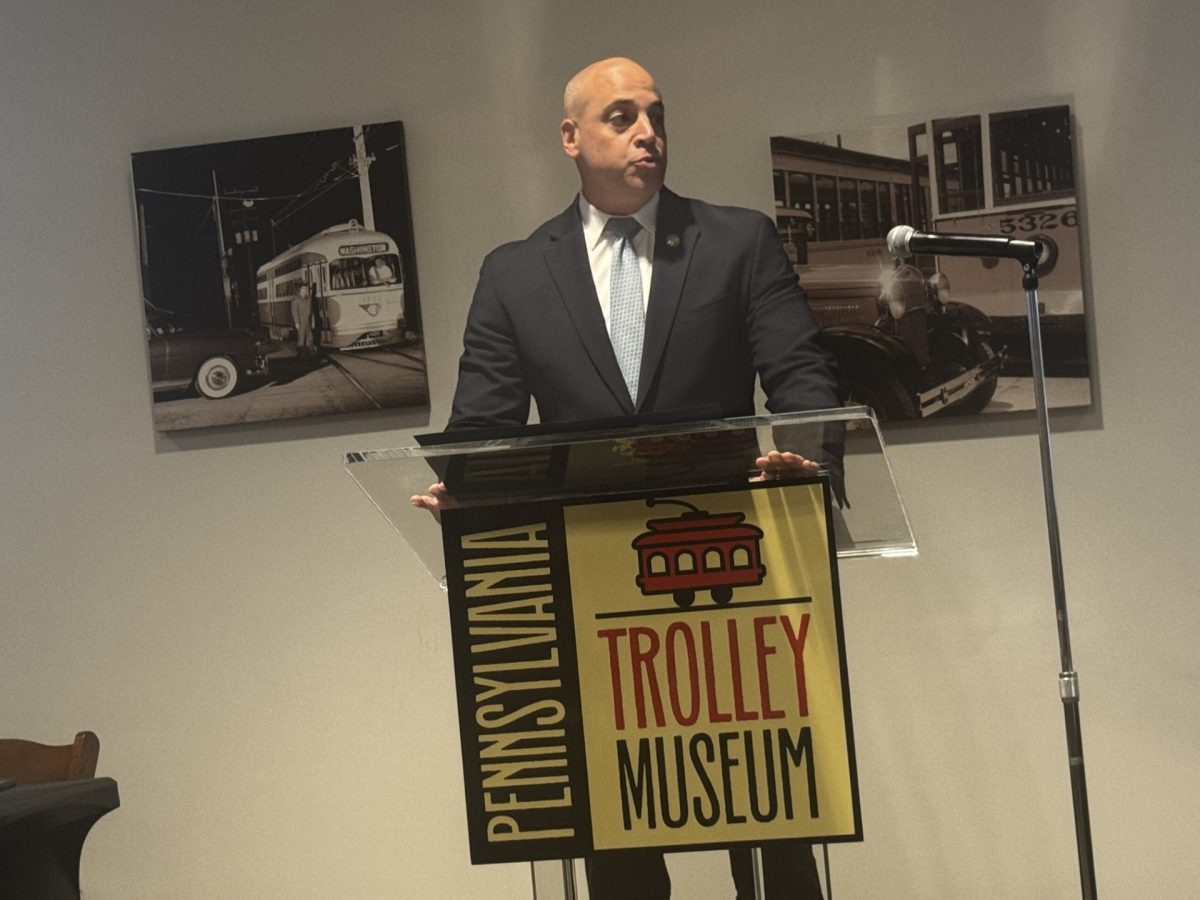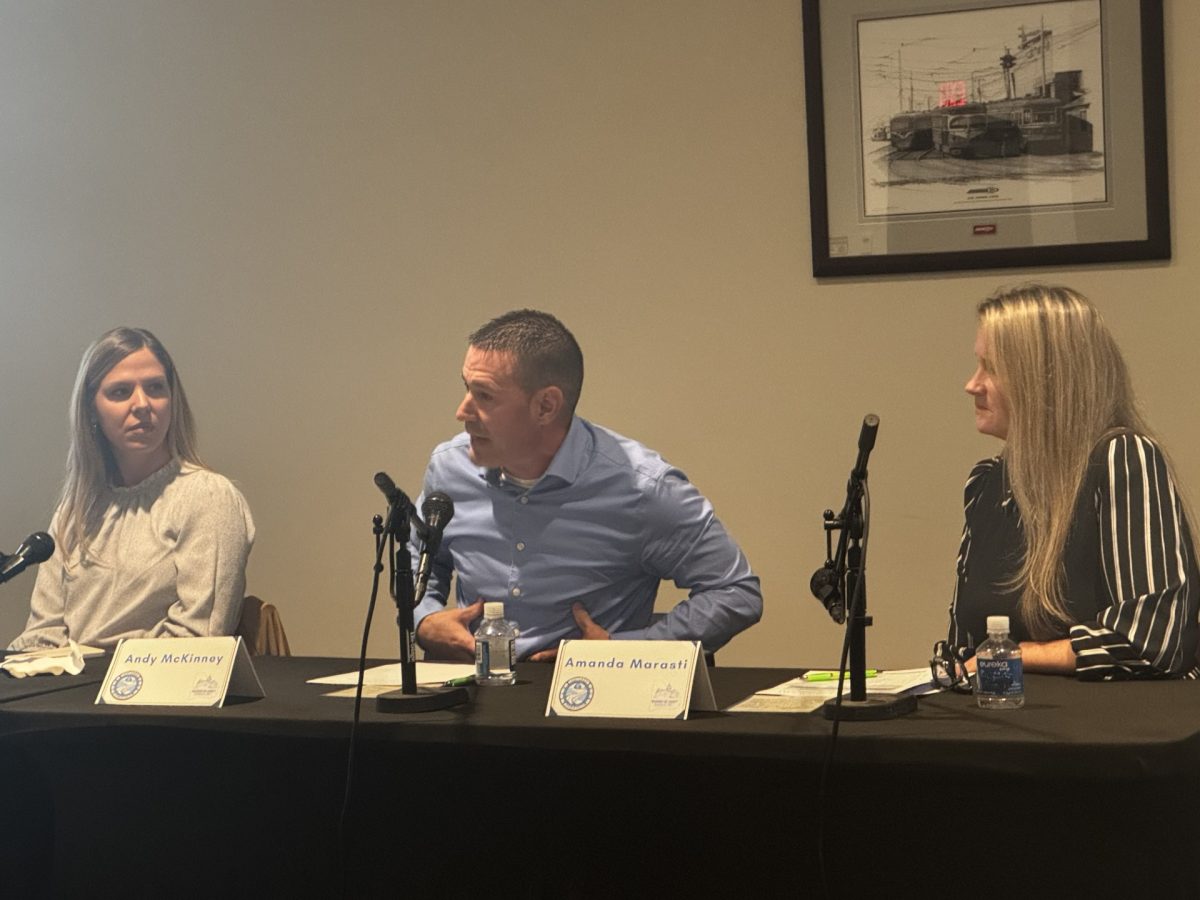Road to recovery: Sunday addresses symposium seeking solutions to opioid crisis
In the years since the opioid crisis hit the United States, Washington County – which found itself smack in the middle of the epidemic – has worked hard to reduce the number of overdose deaths and to provide paths for treatment and prevention for those battling addiction.
“Washington County is known as the hub for recovery. People come here from surrounding
areas because of the extensive services available from inpatient and outpatient rehab to
halfway houses and mental health resources,” said Tiffany Milovac, Deputy Director of Human Services for Washington County.
The county held its second annual Road to Recovery Symposium on Thursday at the Pennsylvania Trolley Museum to discuss ways to move forward in its fight against addiction.
The event brought together nearly 150 professionals, advocates, and community members from across the county, many of whom work directly in the opioid response field or have been personally affected by the epidemic.
“The goal was to bring our providers together,” said Milovac. “We have all the services people need but accessing them can be a challenge. We want to foster an environment of collaboration and shared solutions.”
In its two years, the Road to Recovery Symposium has become a platform for Washington County to unite stakeholders and focus on solutions to the opioid crisis.
Thursday’s symposium focused on four areas identified as ongoing service gaps: the criminal justice system, youth prevention, treatment, and pathways to recovery.
“There is a significant drug and alcohol issue, not just in Washington County, but across the region,” said Electra Janis, vice chair of the Washington County Board of Commissioners. “We’re committed to using opioid settlement funds and other resources to ensure people have access to the care they deserve.”
Following the presentation, attendees – including representatives from hospital systems, school districts, rehabilitation facilities, recovery centers, the court system, jail, faith-based organizations, and nonprofits – took part in breakout sessions to brainstorm solutions for closing service gaps.
Their suggestions will help the county make decisions when the next round of opioid settlement funding becomes available.
“As a former law enforcement officer, I saw up close the devastating effects of substance addiction,” said Washington County Commissioner Larry Maggi, who served as a Pennsylvania State Police trooper and Washington County sheriff. “Events like this are an important tool in combating this long-term epidemic.”
The keynote address was delivered by Pennsylvania Attorney General Dave Sunday, a leader in addressing the opioid epidemic in York County. During his tenure as district attorney from 2018 to 2024, Sunday co-founded the York Opioid Collaborative and expanded the District Attorney’s Drug Task Force to fight the heroin and fentanyl trade throughout York County.
“It was my honor to join the community leaders making recovery more than a concept it’s
a reality we see every day in Western Pennsylvania,” said Sunday. “When stakeholders come together to improve the well-being of families and communities, anything is possible.”
The county also honored the legacy of late Washington County district attorney Eugene Vittone, a dedicated champion in the fight against addiction.
In his memory, the county has created the Washington County Eugene Vittone Excellence in Recovery Award, which will be awarded annually at the symposium.
Sunday, who worked closely with Vittone in opioid initiatives and credited him with “changing the trajectory of my profession and the things I’m focusing on,” is the first recipient of the award.
Sunday noted that Vittone championed first responders carrying naloxone, and said naloxone distribution programs have saved the lives of as many 35,000 Pennsylvanians.
“People ask why are we rescuing people one or two or five times, but if it was my loved one, I’d rescue them 1,000 times every single day to have another day with them,” said Sunday. “Part of the advocacy and legacy of Gene, who was a very serious prosecutor and a real courtroom lawyer, even before he became a district attorney when he was a first responder, the heart in there advocated for this, and I promise you there are tens of thousands of people alive today because of him, his advocacy, his seriousness, his kindness, his big heart, his empathy, and everything that came with Gene.”
Sunday said 33 counties have joined the state’s Law Enforcement Treatment Initiative program, a partnership between the state Office of Attorney General and local law enforcement that connects those with substance use disorders to treatment rather than criminal prosecution. LETI is expanding to include behavioral and mental health services.
“The data is overwhelming that when you address substance abuse and mental health and you give law enforcement the tools to be able to work, you are not only making your community safer, but you are saving potentially millions of dollars to taxpayers,” said Sunday. “You’re keeping families together, you’re decreasing all of the things that are perpetuating this cycle.”
Sunday said his philosophy is rooted in “accountability and redemption.”
“As a career prosecutor, I absolutely believe in accountability. You absolutely have to hold people accountantable. But at the same time you have to embrace redemption, and those two things are not mutually exclusive,” said Sunday. “And when you bring them together, that’s when amazing things happen.”
Sunday commended those who attended the symposium for their efforts in the opioid fight.
Washington County receives a minimum of $800,000 annually through national opioid
settlement funds.
Funding applications are accepted on a rolling basis, and a new wave of funding will be distributed in 2026. County leaders plan to use the insights and feedback
gathered from this year’s symposium to help guide the next round of investment decisions.





